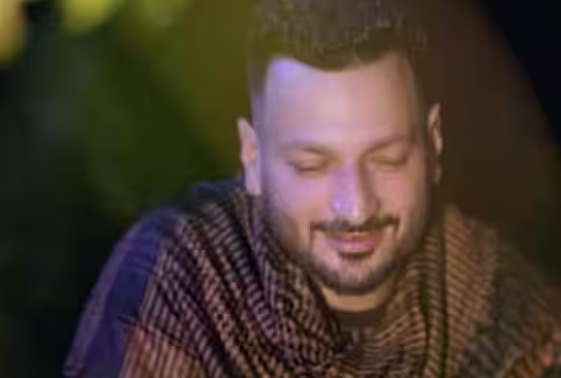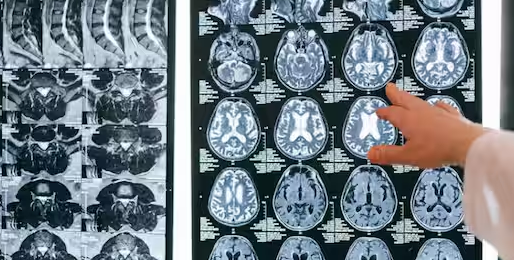Girl's Period Problem: Even at 17, the girl hasn't started menstruating
- bySherya
- 18 Sep, 2025

Period Problem in Girl: When a 17-year-old girl missed her period, an examination revealed that she was a girl on the outside but a boy on the inside. Find out what's bothering her.

Period Problem in Girl: A girl who has always considered herself a girl suddenly hears from a doctor that she actually has male chromosomes. Sounds strange? But this isn't a movie story, but a real-life incident. In fact, this is exactly what happened to a 17-year-old girl in Mirzapur , Uttar Pradesh. When this girl missed her period, she was taken to a doctor. It was then discovered that she was a girl on the outside, but a boy on the inside.
Doctors explained that this condition is called Androgen Insensitivity Syndrome (AIS). This is a condition where a child is born with XY chromosomes , but the body is unable to respond to androgen hormones.
What is androgen insensitivity syndrome ?
In this case , a baby with XY chromosomes develops into a boy in the womb, but the body blocks androgen hormones internally. Such babies look completely girlish on the outside, but they never get periods .
What the symptoms look like
- Not starting periods until the age of 15 or 16
- Absence of menstruation for a long time
- Incomplete development of the uterus or ovaries
- Decreased body hair and height
- Looks like a girl on the outside , but is a boy on the inside
How rare is this case?
According to reports , this condition occurs in 1 in 99,000 births . This means it's extremely rare . Sometimes families may not know for years that their child is suffering from Androgen Insensitivity Syndrome .
Doctor's advice and treatment
- If a girl does not get her periods , she should immediately consult a doctor.
- Doctors investigate using genetic tests, hormone tests , and ultrasound.
- Surgery or hormone therapy is often used in such cases.
In our society, such cases are often swept under the rug, or the child becomes the target of taunts and embarrassment. But the truth is, this isn't a mistake, but a condition that can happen to anyone. We need to support such children .





